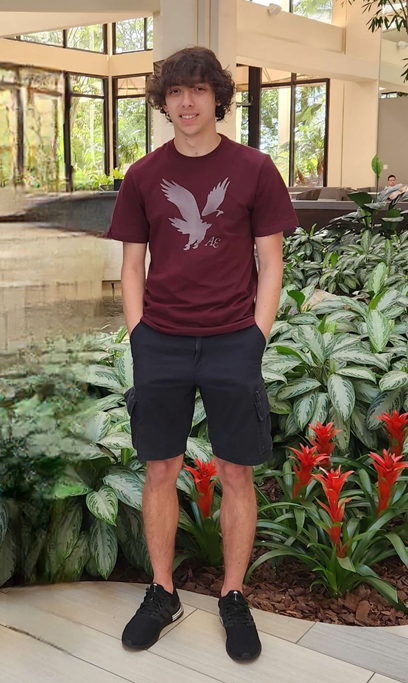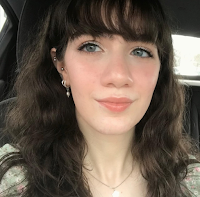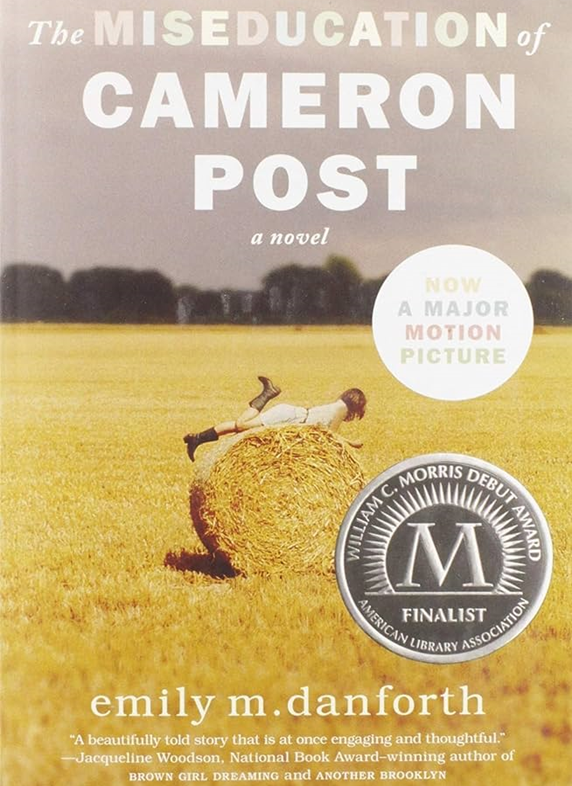Mahjazee Ruiz, Verrazzano Class of 2025, completed major in Psychology and minor in Dance

My expectations
for this capstone experience were pretty high, as I had never written or done
this much research on my own, and that reality was a little daunting and
overwhelming when I realized how big the project actually was. I think the
hardest part for me was structuring all my information in the most relevant
order and in a way that cohesively flowed, because there was so much
information I had gathered.
At times, when
working with my mentor, I found it
hard to take out things I had written or edit and change them, because I
believed every piece of information was important. Some things made more sense than others
when developing the idea and structure for my research, so I had to make sure I
was purposeful with the information I included to keep the goal of my research
clear.
Finding the
specific sub-topics I would
include about children's mental health research
was also quite
challenging since many areas
of children’s mental health didn't necessarily have that much research done on
them, especially in terms of early diagnosis and interventions.
Not having a
sufficient amount of research made the process take longer than I wanted and was
a little frustrating. But the easiest
thing for me about this entire project was writing it. It came so naturally to me to talk about something I would genuinely
advocate for. When you speak from your heart, the words flow effortlessly, and
that was one of the things that I most enjoyed from this research.
As someone
who has struggled with mental
health since a young age, this capstone hit close to home. I could relate to
the need for identifying mental health needs in children, because when I was a
kid having someone there and different outlets of expression helped me through
a lot of difficult times.
As a child, it’s
challenging to understand your emotions, especially if they are due to some
sort of mental challenge. The environment that you come from can be evident in
the way a child copes with their emotions and feelings. It was important for me to highlight the basis that there is not
being enough care for specific groups, with emphasis on underdeveloped and
marginalized communities.
One thing we
fight for in this world is equality on all fronts. But how often is the need for children’s mental health
advertised? Upon the completion of my
capstone, I’ve noticed I have become much more aware of what society should do
to navigate a healthier and more emotionally stable world for our children. Awareness
and knowledge are where the growth begins, to help and nurture the minds of
children for happier and more stable lives.























